We know that Xcode maintains environment variable of ${TARGET_NAME} but how to access this variable in objective-C code ?
What I have tried ?
I have added "TARGET_NAME=${TARGET_NAME}" this in Preprocessor macros section of Build Settings. But now I am not sure how to use this variable "TARGET_NAME" as a string in objective-C code.
In my case product name and target name are different so, no chance to use that.
I tried to access using
#ifdef TARGET_NAME
NSLog(@"TargetIdentifier %@",TARGET_NAME);
#endif
This code is giving error like "Use of undeclared identifier 'myapptargetname'"


